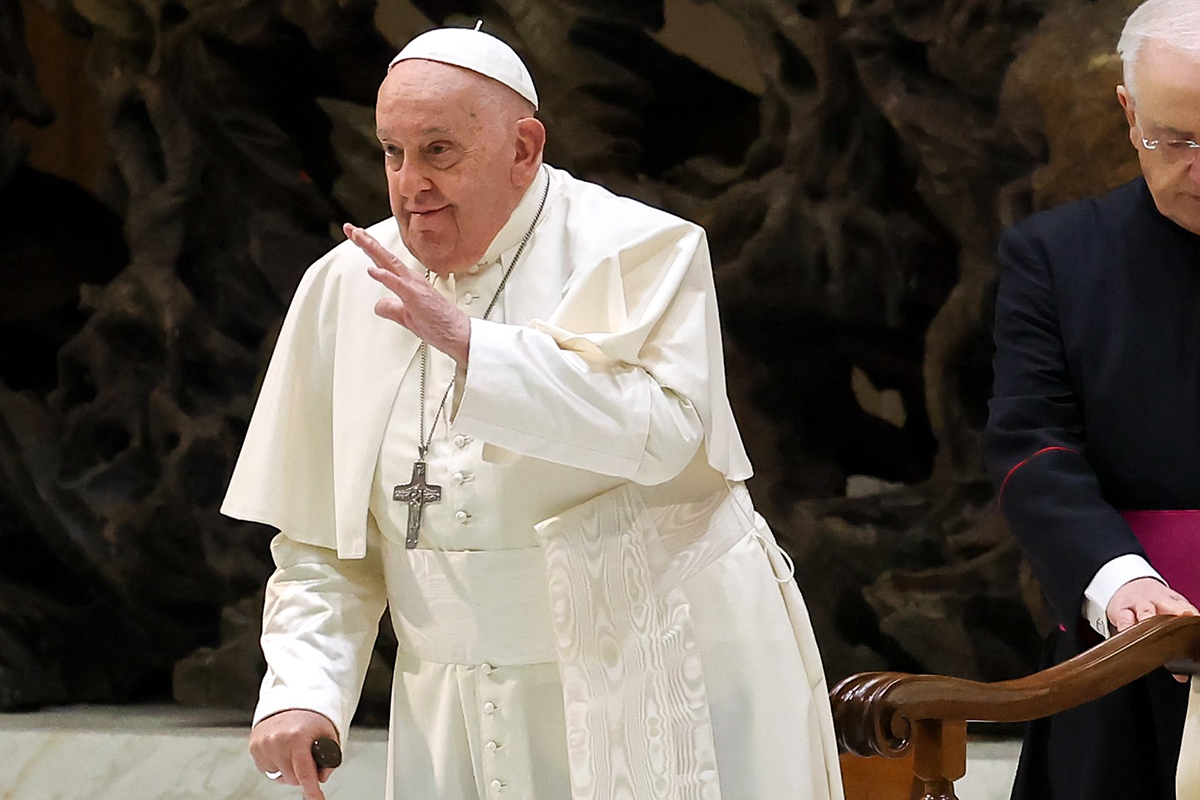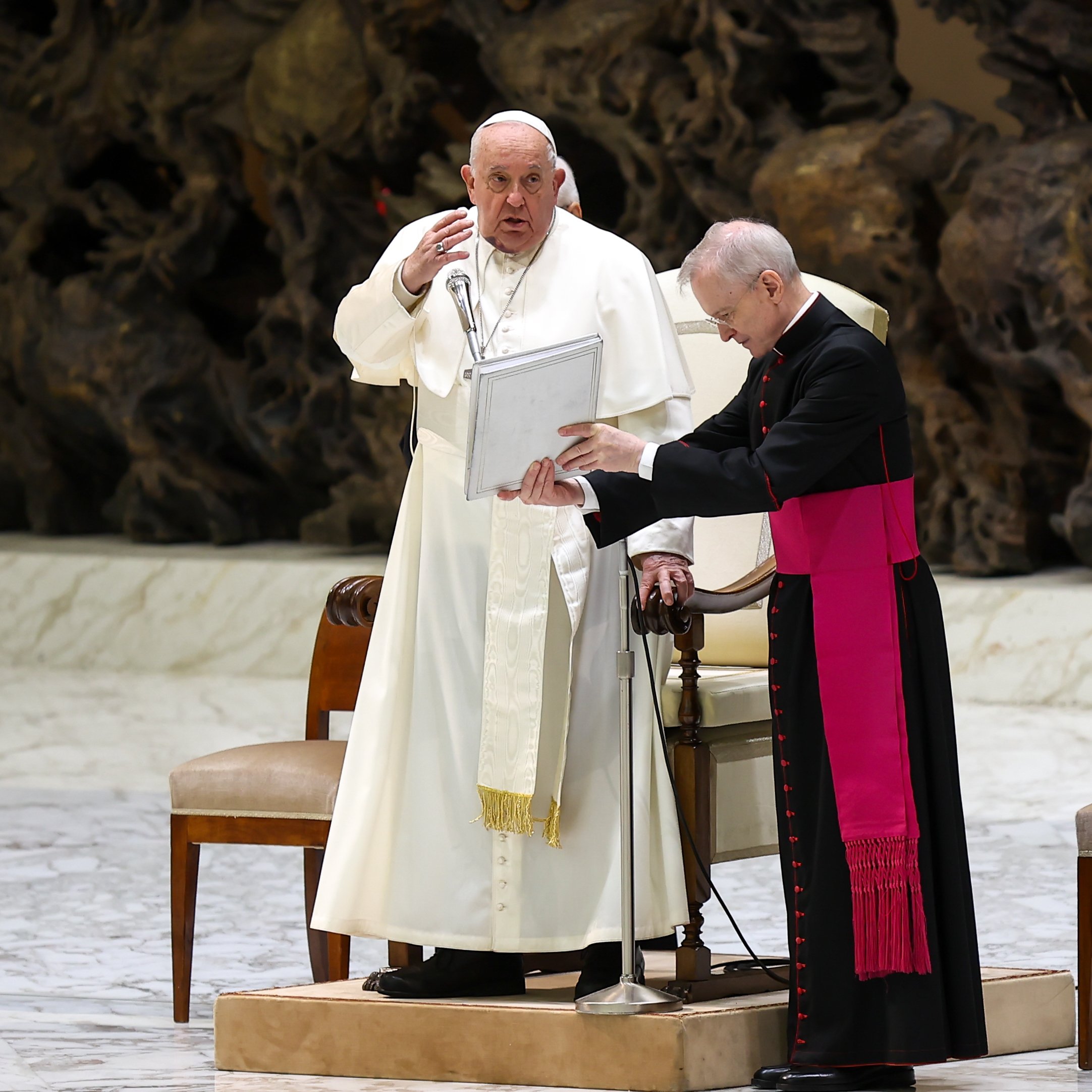God sometimes teaches us through absence, leaving us longing for what we don’t see
We can ask how God is drawing us forward in parish life and inviting growth

Dear brothers and sisters in Christ,
Sometimes God teaches and leads by absences.
Consider the promise God made to David: that his descendants would sit on the throne of Israel forever (2 Samuel 7). But after the Babylonian Exile, there was a long time in Israel’s history when there was no Davidic king. In that absence, the people longed for something they did not see — and that longing prepared them for the coming of Christ.
Or consider the divine presence in the temple. When Moses built the tabernacle in the desert, God came to dwell in it in a powerful, visible way (Exodus 40). When Solomon built the temple in Jerusalem, God came to dwell in it in a powerful, visible way (1 Kings 8). When Zerubbabel rebuilt the temple after the Babylonian Exile, nothing happened! When would God come to dwell in His temple again? In that absence, the people longed for something they did not see — a longing that prepared them for the coming of Christ into the temple. (This is part of what’s going on when we pray with the fourth Joyful Mystery of the Rosary: The Presentation is the fulfillment of this longing for God to reenter the temple.)
Finally, consider the Ascension. When Jesus ascended into heaven, His disciples felt a real sense of absence. They were left longing for the return of the divine presence. But that longing prepared them for the coming of the Holy Spirit at Pentecost and directed them toward Christ’s second coming at the end of time.
People experience absence in their lives today as well. Sometimes exercise, friendship, a regular habit of prayer or some form of service are missing. In those absences, God is leading us toward something: We were made for more! And somehow, when we experience a little taste of what is missing, our lives are more fulfilled.
All through salvation history, and again in every person’s life, God draws us more deeply into His life not only by presence but also by absence. So let me ask two questions:
1) What are the absences in our parishes?
2) How is God drawing us forward by those absences?
Parishes are like people: They have unique histories, gifts and weaknesses. So I’m not going to tell you I have one blueprint to help every parish move forward. But I can tell you that the process called “The Way” was designed to help parishes look at themselves, discover what’s missing and make a plan — with the conviction that God is inviting growth there, drawing that parish to something greater.
I can’t say what every parish needs to grow deeper into God’s plans for it. But I can say this: “Leading by absence” is a consistent pattern of God’s activity throughout salvation history. So let’s start to ask this question deliberately and together: What’s missing?






